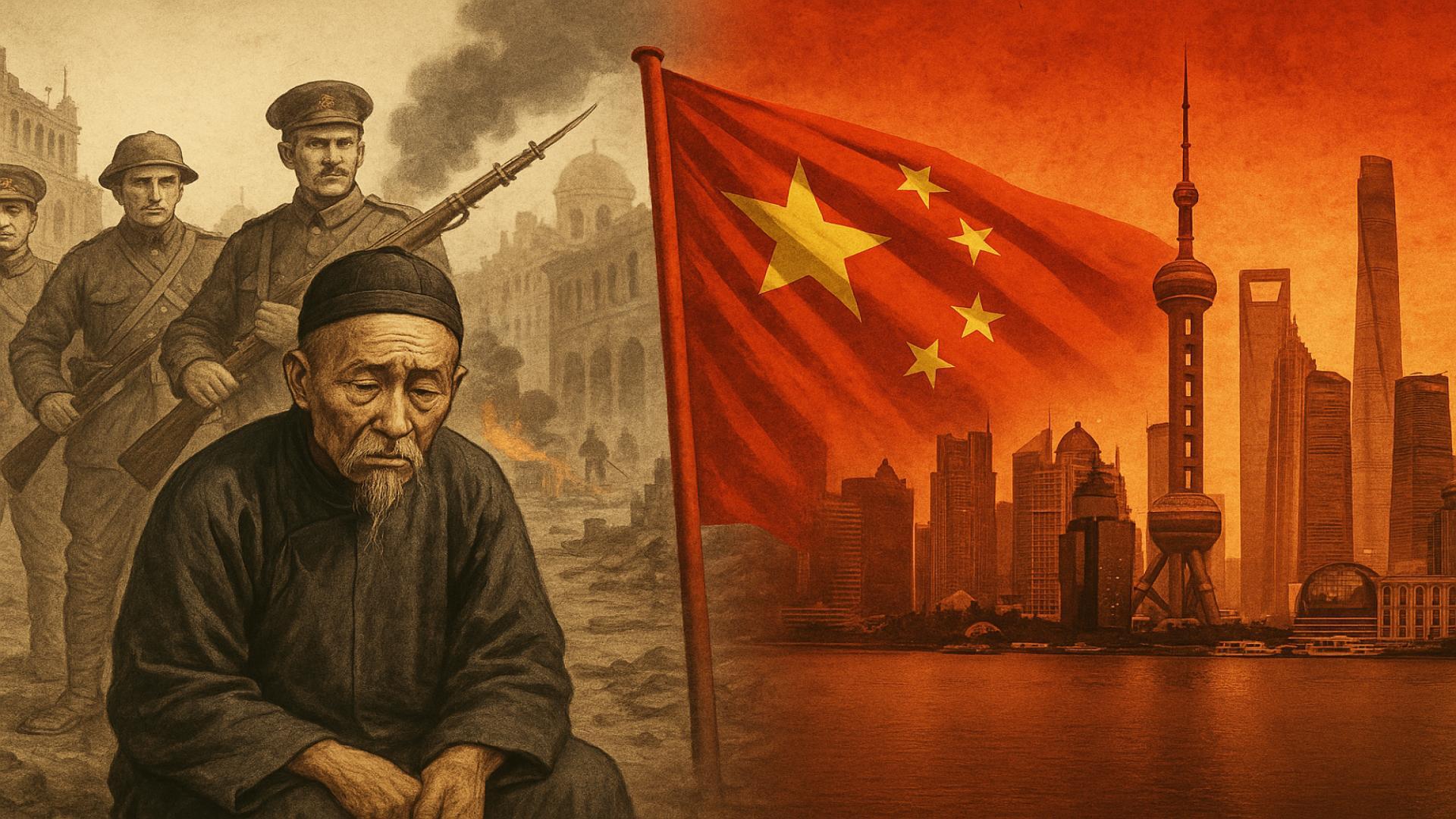4. The Second Opium War (1856-1860)

The Second Opium War brought further humiliation, as Anglo-French forces looted and burned Beijing’s Old Summer Palace. The conflict ended with more unequal treaties that expanded Western privileges and made the opium trade legal in China. Foreign influence deepened, and the Qing Dynasty’s grip on power weakened even further. This war underscored China’s vulnerability to external pressures.



















